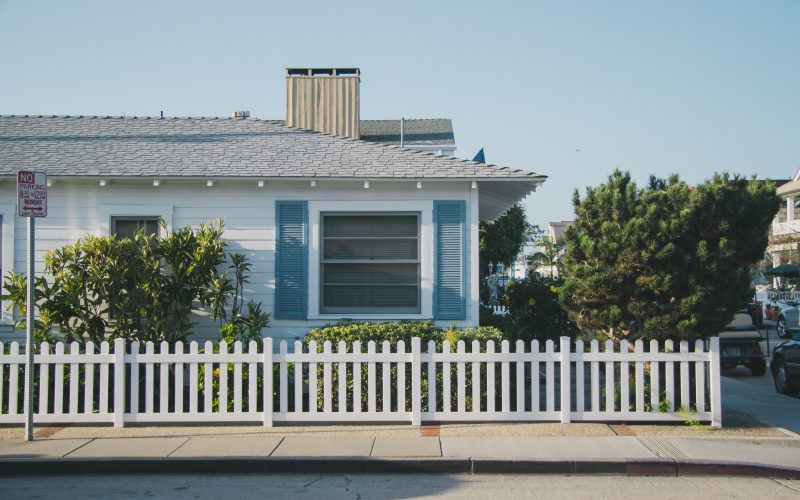In the pursuit of finding the perfect home, prospective buyers often navigate a complex web of emotions that can profoundly influence their real estate decisions. The psychology of homebuying is a fascinating subject, shedding light on how our feelings and perceptions can shape the entire process. From the initial excitement to the final purchase, emotions play a pivotal role, impacting both the buyer’s satisfaction and the housing market dynamics.
When it comes to making one of life’s most significant investments, emotions can sometimes cloud our judgment. Let’s delve into the various psychological factors that influence homebuyers and shed light on how these emotions affect the real estate market as a whole.
1. The Emotional Roller Coaster of House Hunting
House hunting can be an exhilarating yet emotionally charged experience. The search for a new home triggers a range of emotions, from excitement and hope to frustration and disappointment. It’s essential to recognize how these emotions can sway decision-making processes and influence the perception of different properties.
2. The Power of First Impressions
The first impression of a property can be a make-or-break moment. Buyers often develop an instant emotional connection or aversion based on factors like curb appeal, interior design, or a sense of belonging. Understanding the impact of these initial reactions can provide valuable insights into how to stage and present properties effectively.
3. The Influence of Nostalgia and Identity
Our homes are not just physical structures; they become an integral part of our identity. Nostalgia and the desire for a sense of belonging can strongly influence homebuyers’ decisions. Many individuals seek a property that aligns with their values, memories, or aspirations, forging an emotional connection that goes beyond mere financial considerations.
4. The Fear of Missing Out (FOMO)
In today’s competitive real estate market, the fear of missing out, or FOMO, can have a significant impact on decision-making. When buyers perceive a property as rare, unique, or highly desirable, emotions like anxiety and urgency kick in, compelling them to make quicker and sometimes impulsive choices. This can lead to bidding wars and inflated prices.
5. The Role of Social Comparison
Human beings are naturally inclined to compare themselves to others, and this inclination extends to homebuying as well. The desire to keep up with peers or achieve a certain lifestyle can fuel emotional responses and influence purchasing decisions. Understanding the impact of social comparison can help buyers make more informed choices based on their unique needs and circumstances.
6. Emotional Attachment and Buyer’s Remorse
After the purchase is made, buyers often experience a mix of emotions. While joy and satisfaction are common, some individuals may experience buyer’s remorse—an emotional response characterized by doubt, regret, or anxiety. Unpacking this phenomenon can shed light on the importance of due diligence, managing expectations, and making sound financial decisions.
The psychology of homebuying is a vast field, intertwining human emotions, perceptions, and the ever-changing dynamics of the real estate market. Realizing the influence of emotions on decision-making can empower buyers to navigate the process more effectively and professionals to offer tailored services.
By understanding the intricate relationship between psychology and homebuying, we can gain valuable insights into the housing market, promote ethical practices, and help create a more transparent and informed homebuying experience for everyone involved.
As we continue to explore this captivating subject, we will uncover stories of individuals whose emotions shaped their real estate journeys, examine the impact of emotions on property value, and provide expert opinions on how to leverage psychology to make more satisfying homebuying decisions.
Stay tuned for our upcoming features that delve deeper into the psychology of homebuying and its impact on our












